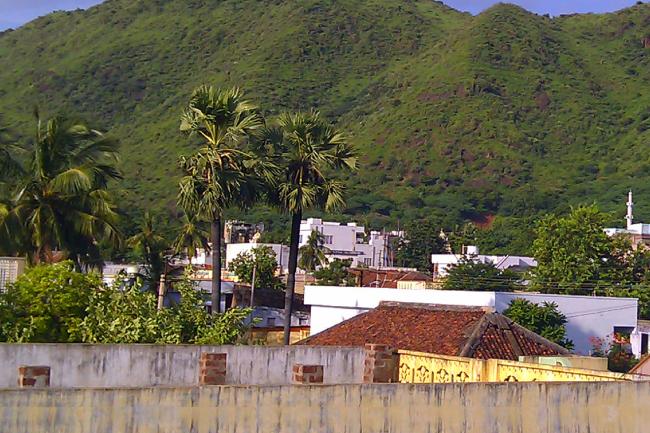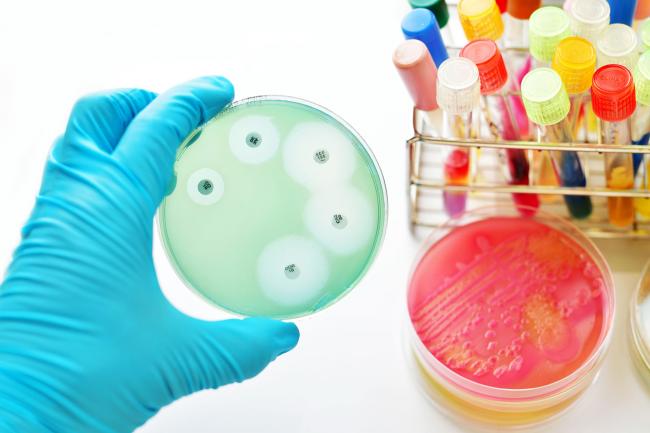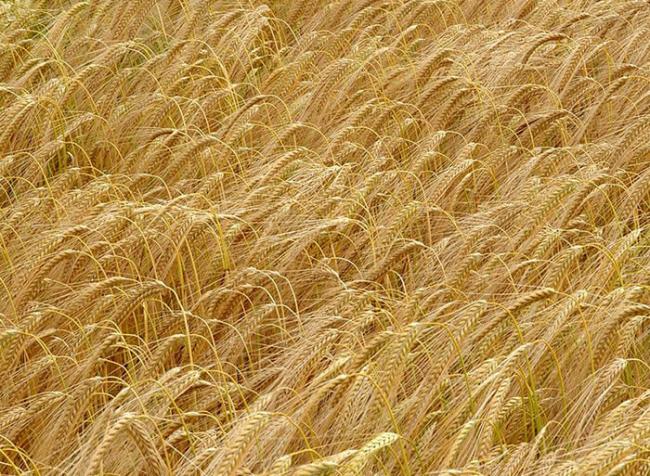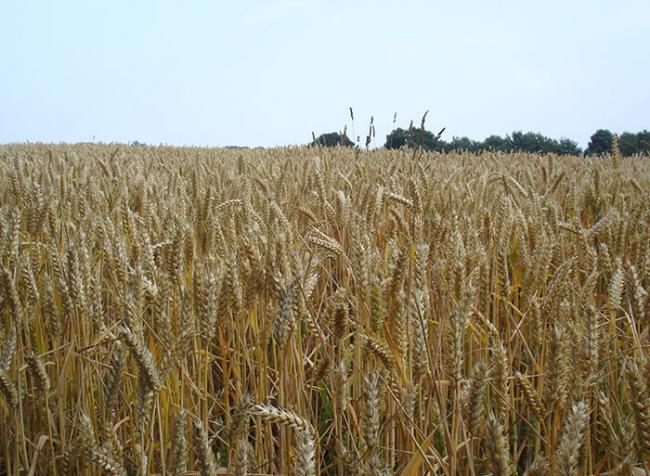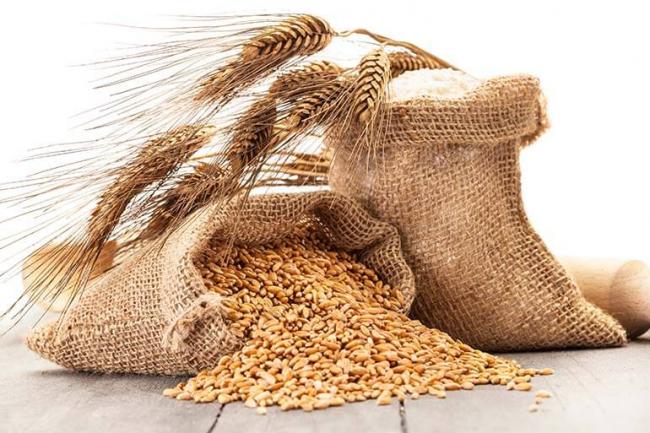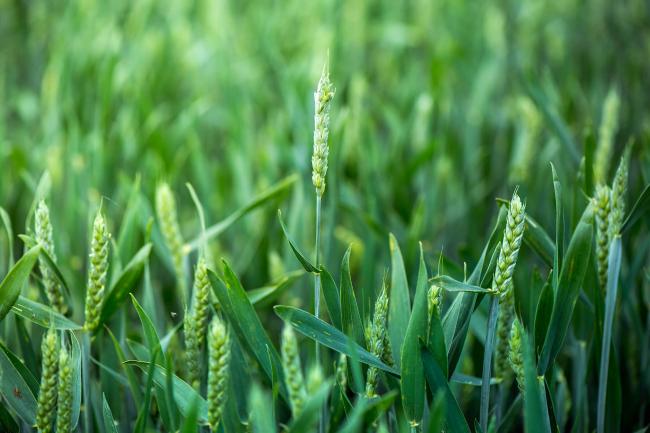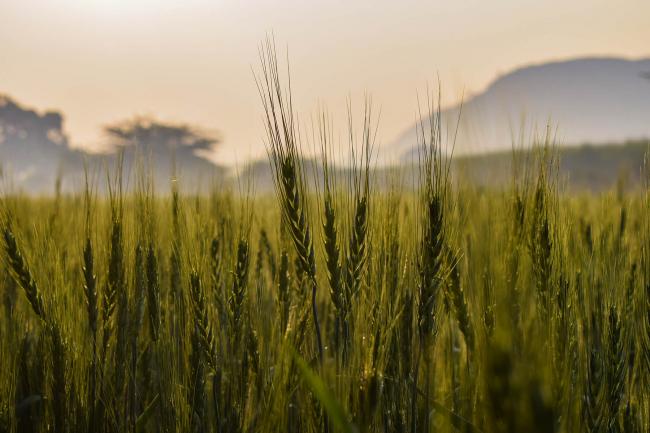I originally worked in cancer research at the University of Liverpool as a lab Research Assistant identifying biomarkers linked to Leukaemia. I was using Sanger sequencing at the time to verify mutations in DNA. I really enjoyed the experience but was always interested in the computational analysis that was being carried out by the bioinformaticians to verify the lab work. I saw a PhD project come up at Liverpool with Anthony Hall and Neil Hall, analysing Next Generation Sequencing (NGS) datasets to identify genes linked to traits of interest in various plants including wheat. This was too good an opportunity to miss, not only the chance to learn bioinformatics but to learn it using large NGS sequencing datasets. I knew by the end of the PhD I would have a solid transferrable bioinformatics skillset.
After my PhD, my supervisor moved to the Earlham Institute to be Head of Plant Genomics and offered me the chance to go with him to be Senior Postdoctoral Researcher in his group. I jumped at the chance to have the opportunity to move up the ladder, to work in an Institute that hosts one of the largest computing hardware facilities dedicated to life science research in Europe and finally, to work within the Norwich Research Park; an international centre of excellence in life and environmental sciences research.





